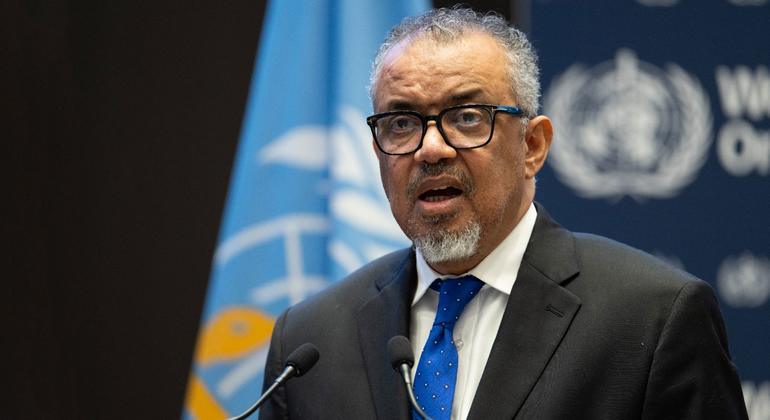Speaking Thursday at a press conference in Geneva, Tedros said that in around 25% of countries, some health establishments had to close completely due to cuts, according to figures from more than 100 countries compiled by WHO.
Serious disturbances
Direct payments for health services have led to disturbances in the supply of drugs and other health products, as well as the increase in job losses in the health care sector.
Consequently, “countries revise budgets, reduce costs and strengthen fundraising and partnerships,” said the head of the United Nations Health Agency.
From dependence to help in autonomy
Fortunately, to revise budgets, reduce costs and strengthen partnerships and fundraising, some countries are counting on the support of WHO to move on to dependence on the aid of sustainable self-execution.
“”We now support countries to accelerate this transition“Said Tedros, quoting examples of countries such as South Africa and Kenya, which successfully work to avoid the health and unexpected cuts on the health impacts.
Recommended
Tedros has provided countries for several recommendations on the means to mitigate the financing cuts:
- The poorest populations in the world must have priority by limiting their exhibition to
- Resist the reductions in public health expenses and protect health budgets
- Fund for channel donors through national budgets, rather than parallel donation systems
- Avoid cutting services or closing facilities and absorbing as much impact as possible thanks to efficiency gains in the health system
New sources of income
Thanks to short and long -term tools, which also encourages countries to generate new sources of income.
Immediate measures such as the introduction or increased taxes on products that harm public health are another effective tool to maintain health spending, he added.
Countries such as Colombia and Gambia, which have introduced in recent years, have seen income increase and consumption decrease, said Tedros.
In the longer term, which pleads for social and community health insurance policies, where individuals or families can contribute a small amount to a fund that stimulates the financing of health services.
Although not all measures are suitable for each country, which “works with affected countries to identify the measures that suit them best and to adapt these measures accordingly”.




